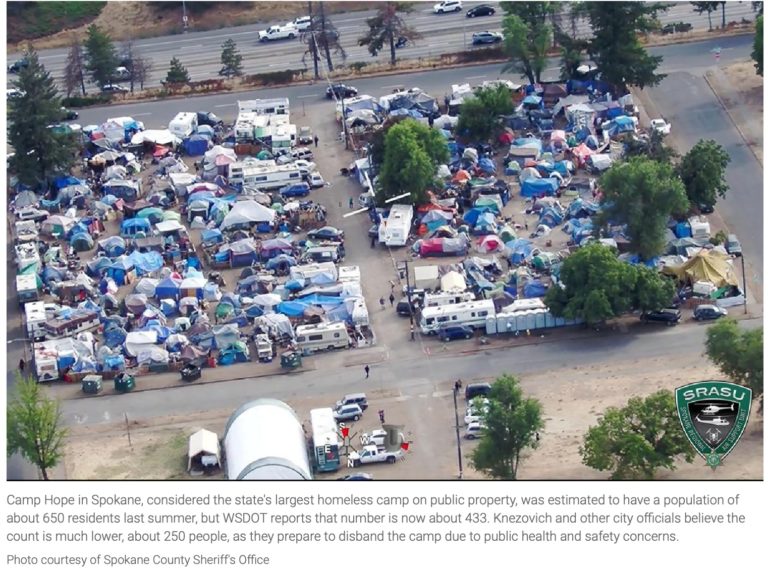It’s Lucy and the football at the Anchorage Assembly.
The Anchorage Assembly, finally having the chance to open the Golden Lion hotel for housing, delayed approving funding for the a property that it approved the purchase of from the proceeds of the sale of Municipal Light & Power.
The Golden Lion, initially intended to be a drug rehabilitation center under the previous administration of Mayor Ethan Berkowitz, faced opposition from the community and a nearby preschool operator. Under the leadership of Mayor Dave Bronson, plans have shifted to convert the building into affordable housing for vulnerable individuals struggling to afford rent, but not a flophouse for homeless individuals or druggies.
The Assembly did approve on Monday paying for $479,000 in repairs to the building, which is located at the corner of 36th Avenue and New Seward Highway. But it would not approve the $250,000 in operating funds to open the building and house people. The Assembly will take up the appropriation and the lease agreement with Henning Inc. on July 25.
The mayor’s team has contracted with Henning, a nonprofit that managed the Sullivan Arena wintertime homeless shelter for street people who were unsuited for structured shelters but still needed to be kept safe from sub-freezing temperatures. Henning is ready to move 17 people into the Golden Lion next week. The hotel can hold up to 80 people.
According to the mayor’s team, that would take care of more than 10% of the problem. There are 775 people living on the streets and in the greenbelts around Anchorage and when temperatures drop into the 30s, they need to be offered a warm shelter at night, even if it means a cot or foam mattress on the floor of some facility.
The Golden Lion was something the Assembly fought to have open but which was something the current mayor initially balked at, instead preferring to work on a navigation center to help homeless people find solutions tailored to their individual situations. The Assembly blocked that navigation center project after paying for it, and it remains unfinished.
Now that the mayor is on board with the Golden Lion as part of the solution, the Assembly is balking and is picking apart the plan.
That plan is to rent the rooms out at the Golden Lion for about $200 a week, which is about as cheap a rent as anyone can find in Anchorage. Henning Inc. will oversee maintenance, security, utilities, and administration of the facility, whose target occupants are individuals in need of a little help around the edges of daily living. Case managers will assist them in finding more stable long-term housing options.
The Golden Lion would function as housing, rather than shelter. Tenants would pay rent, and it is assumed most tenants will have some financial assistance to do so from Social Security, Medicare, or federal housing vouchers.
In other words, federal taxpayers will be paying the rents on these rooms that are owned by the city and are to be managed by the nonprofit.
Another site owned and operated by the city is the Sockeye Inn in Midtown, which is designed for older indigent people.
Although Bronson submitted his request to the Assembly for $250,000 to support the Henning contract, Assemblywoman Meg Zaletel had a problem with the terms of contract. In her day job, Zaletel is the executive in charge of the Anchorage Coalition to End Homelessness, a group that in no way has been helpful in reducing homelessness in Anchorage, and has no accountability to funders.
Assembly Chair Chris Constant said he was uncomfortable with the contract with Henning. Assemblyman Daniel Volland said that $800 was too much to charge in rent, so he also had a problem with the contract.
Observers note that with this Assembly, it’s always something, and nothing has ever been good enough for them, as they let the clock run out on summer and precipitate another crisis this fall. On Tuesday night, they pulled the football out from the kicker one more time.








